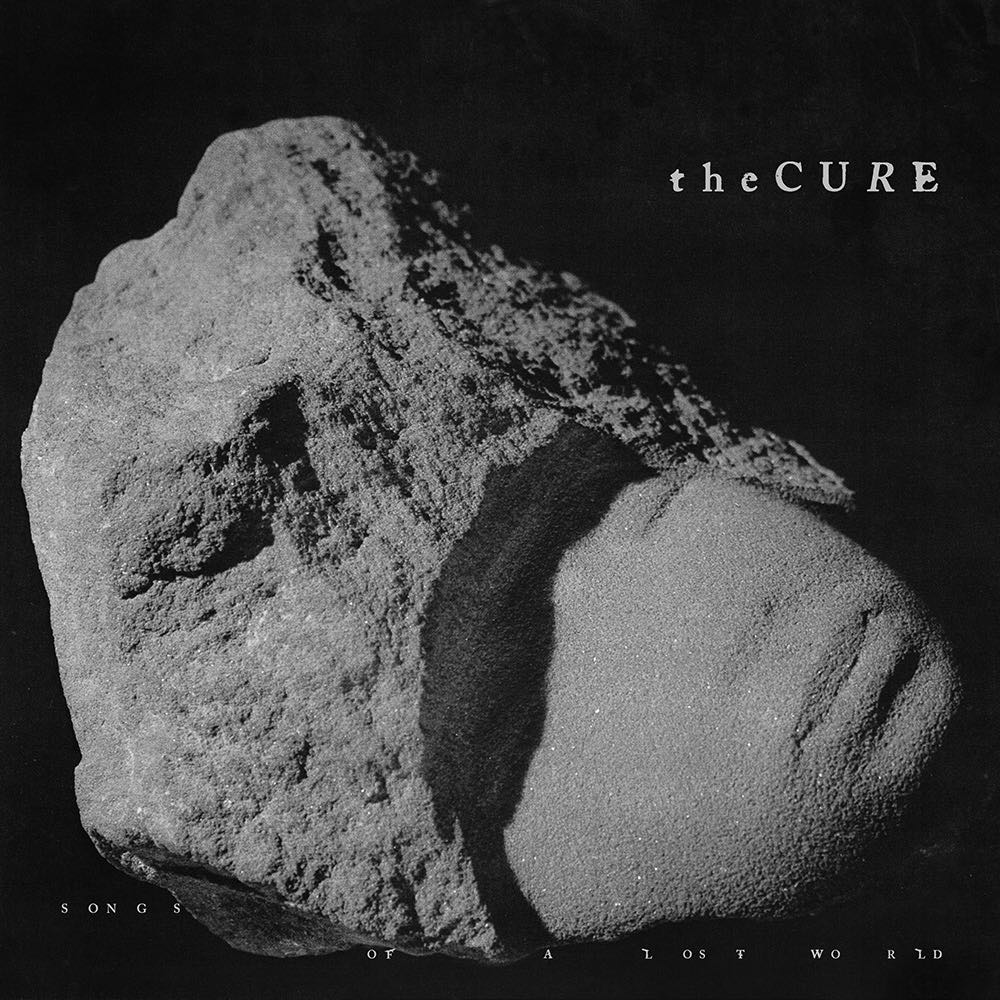The Cure
Songs of a Lost World
FICTION/CAPITOL
ABOVE THE CURRENT
If 1980’s Seventeen Seconds was the start of The Cure’s sorrow-filled (but still youthful) need for dizzying introspection, and 1989’s Disintegration a maudlin look into the distresses of fame that plagued the band, 2024’s Songs of a Lost World is something bigger, something more personal than anything Robert Smith has written and sung for his floating-membership ensemble in the past. Rather than work in the abstract, the Ulalume doom and gloom that fills the lyrics of Lost World (and, with that, the slowed, metallic, ethereal ambience of its instrumentation) focus very pointedly and poignantly on true death—that of Smith’s mother, father, and, throughout “I Can Never Say Goodbye,” his closest sibling. “Something wicked this way comes / From out the cruel and treacherous night…to steal away my brother’s life,” Smith sings with a loud, bruised heartiness you’ve never before heard from the Cure frontman.
Turning 65 years old, however, has punched Smith in the head and the heart, and fueled his singing voice and bluntly told poetry with a passion that even outweighs the imposing grief of melancholy—while still downright hummable—melodies. From the sizzling, piano-filled “And Nothing Is Forever” to the clock-ticking “A Fragile Thing,” the inevitability of finality is part of every vocal and instrumental breath The Cure take here. Smith makes certain that his listener understands that he speaks both for himself and the royal we with lines such as “This is the end of every song that we sing / The fire burned out to ash and the stars grown dim with tears” during the opening track “Alone.” All of us know what death brings to the living. All of us understand the complete, inevitable loss of our parents and our youth.
The soundtrack to ultimate solace is portrayed within the shaken walls of Lost World by pummeling drummer Jason Cooper, pianist Roger O'Donnell (who sounds like the Roy Bittan to Smith’s Springsteen on some of the quieter moments of this first Cure album in 16 years), and guitarist Reeves Gabrels. Known as Bowie’s guitar partner throughout the 1990s (take that for what it’s worth), Gabrels interprets Smith’s provocative sense of woe on Lost Songs’s songs such as “Warsong” and “Drone:Nodrone” with forlorn swirls of noise, chicken-cackling squeals, and flinty, steely clicks of rhythm.
If this is Smith’s brutally spun book of the dead with a menaced, morose first chapter, its close—the logical conclusion of “Endsong”—is doubly tortured, teary, and inward-looking. Lustrous in its 10 heaving minutes of grief and self-reflection, Smith searches his youth in order to discover his dotage. “What became of that boy / I’m outside in the dark wondering how I got so old.” Though Smith has promised that he has two more albums in him before retiring The Cure, Songs of a Lost World is still a direct, cleverly told, and elegantly perfect denouement.







